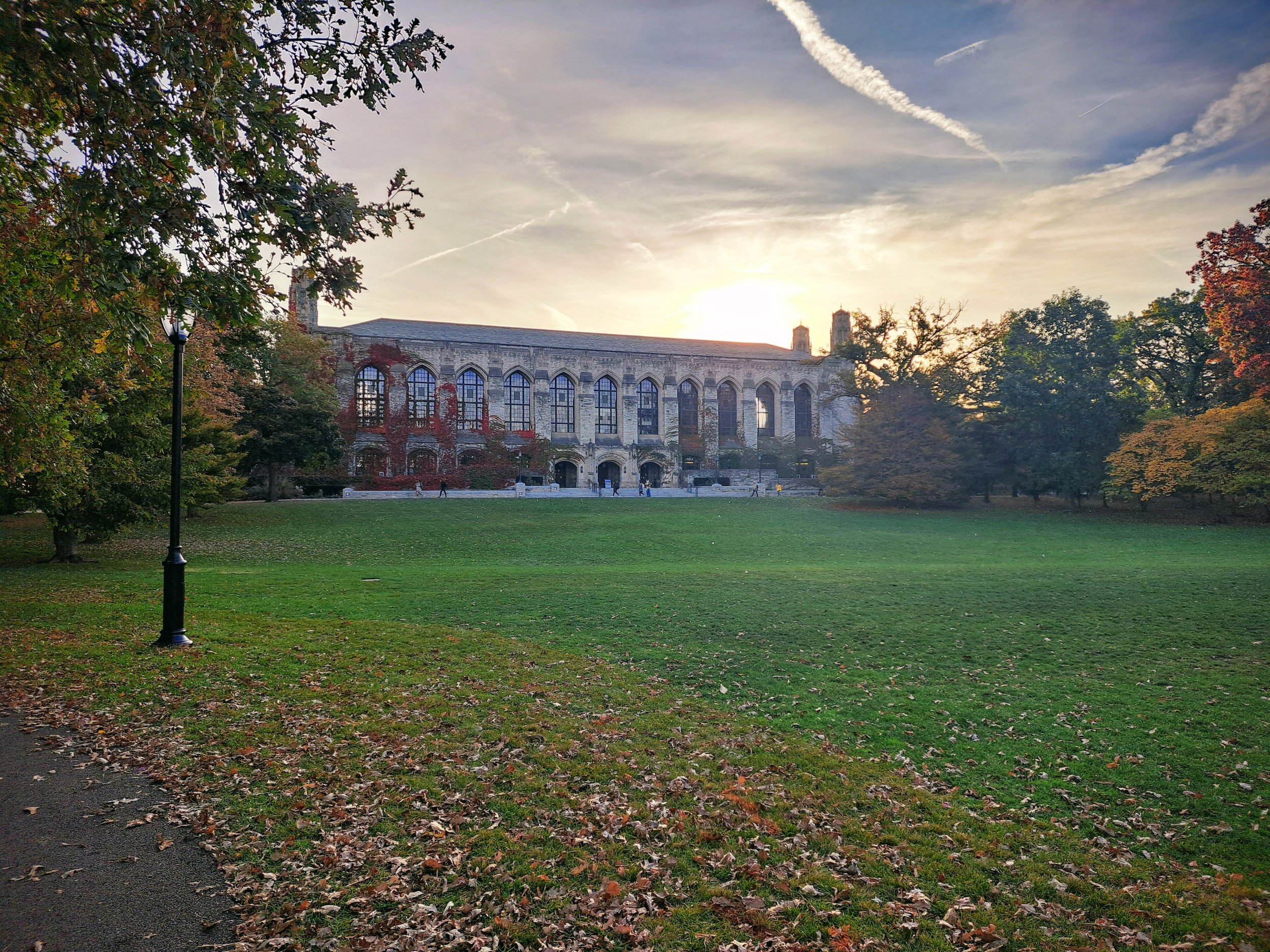Our lab uses a variety of social science research methods to better understand, and ultimately upend, societal inequality. Projects we undertake range in their methodology, and this range includes archival studies, controlled laboratory experiments, large-scale attitude surveys, psychophysiological assessments, and social interactions between two or more people. The work is grounded in social psychology but typically sits at the intersection of one or more disciplines including organizational behavior, sociology, and political science. Below we have posted descriptions of ongoing projects we are currently working on within the lab:
Asian Americans, Racism, and Intra-Minority Solidarity
As COVID-19 spread, there was a marked increase in racially motivated incidents against Asian Americans. At the same time, political figures scapegoated Asian countries for the origin and spread of the virus. Our lab will examine how pandemic-related anti-Asian bias affects Asian Americans’ beliefs about their position in society’s racial hierarchy and their willingness to engage in anti-racism efforts. The effort will include surveys and data analysis from the Pew Research Center.
The Psychology of A Living Wage
Judgments about how much is enough to live on shape many basic life decisions. This study examines these living wage estimates, the role of income in shaping these estimates, and associations with redistributive policy. In a sample of 1,000 US residents, we find that people tend to suggest that a living wage is higher relative to the federal poverty line, the state and federal minimum wage standard, a popular cost of living calculator (the MIT living wage calculator), and the proposed minimum wage standard of $15 USD per hour. Cross-sectional and longitudinal analyses reveal that changes in income predict these estimates, such that, as income rises, estimates of a living wage also rise—a finding consistent with both social sampling and habituation processes. Exploratory analyses reveal the importance of these estimates to equity-enhancing policy support—higher living wage estimates predicted increased support for redistributive economic policies (e.g., progressive taxation). Together, these findings suggest that people’s beliefs about economic conditions are grounded in their socioeconomic experiences and provide important psychological insights to the fundamental question of how much is enough to live on?
Union Attitudes as Drivers of Inequality
How do people in organizations react to collective bargaining and what are the psychological drivers of these reactions? In ongoing work we are examining how workers think about unionization efforts and their preferences for handling internal employment conflicts.
Misperceptions of Asian American Subgroups in STEM
Stereotypes about Asian American aptitude for degrees in Science, Technology, Engineering, and Math (STEM) are common in the US and they are also unevenly applied to Asian origin subgroups. In ongoing work we try to better understand sources of misperception of Asian groups who are associated with STEM (Chinese, Indian) and those who are not (Filipina, Vietnamese). What are the implications of these miss-estimates for removing/creating barriers for some Asian communities to pursue STEM interests at the expense of others?
